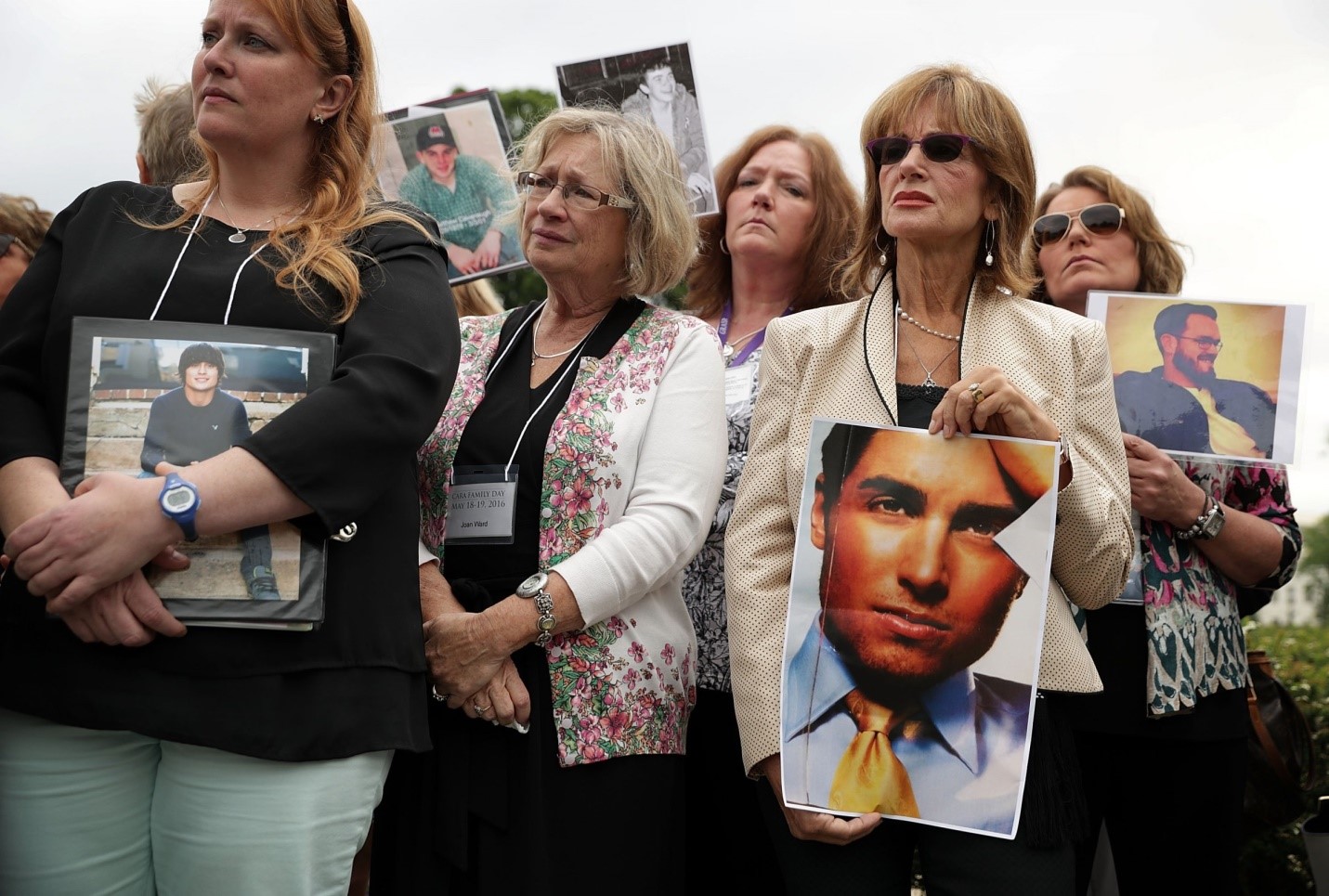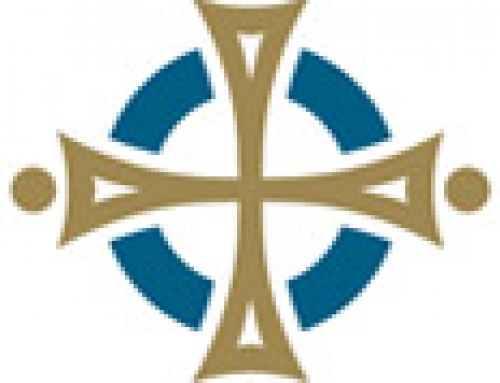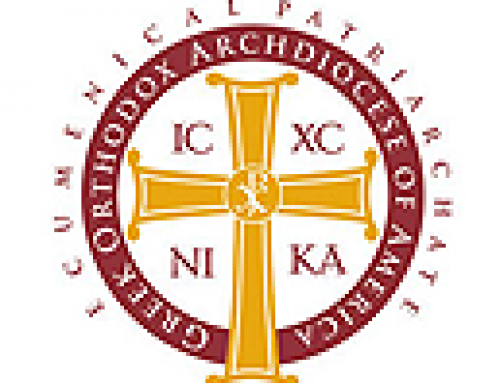This post was originally published on this site

Each and every day, there are media reports about the crisis of substance abuse throughout the country. Addiction to narcotic opioid medications, in particular, has grown from an epidemic to a worldwide pandemic. No single demographic of people is immune. It can affect everyone, regardless of their socioeconomic, racial, ethnic or religious background. And Orthodox Christians are among its casualties.
With this in mind, the Orthodox Church in America’s Department of Christian Service and Humanitarian Aid [CSHA] has released a four-part series of articles, collectively titled “Opioid Pandemic,” by John Athanasatos, Pharm.D., M.Div., a registered pharmacist. The series is now available for downloading, distribution and study from the CSHA’s Parish Ministry Resources.
- The Opioid Pandemic – Part 1
Introduction - The Opioid Pandemic – Part 2
The First Affected Group:Current and Recovering Addicts - The Opioid Pandemic – Part 3
Support for Family and Friends - The Opioid Pandemic – Part 4
Healthcare Professionals
“The author’s intention is to raise the awareness of Orthodox Christians about the Opioid Pandemic,” according to Arlene Kallaur, Parish Ministry Resources Coordinator. “After providing a comprehensive introduction to the issue, he considers the plight of current and recovering addicts, family and friends of addicts and recovering addicts, and healthcare professionals who engage with the former and the latter.”
“Every Orthodox parish throughout the United States unfortunately will have parishioners affected by this crisis,” the author explains. “Although there are programs in place providing services to addicts and recovering addicts and their families and friends, they are more on a secular level. We need to expand on this issue in light of our Orthodox Faith.”
Mrs. Kallaur and CSHA members hope that the series will increase the personal and collective understanding of the crisis within an Orthodox Christian context, assist parishes in providing spiritual support and practical assistance to those affected, and offer an educational platform for clergy and the faithful alike.
The CSHA invites questions, comments and topical contributions, which may be sent to csha@oca.org.



